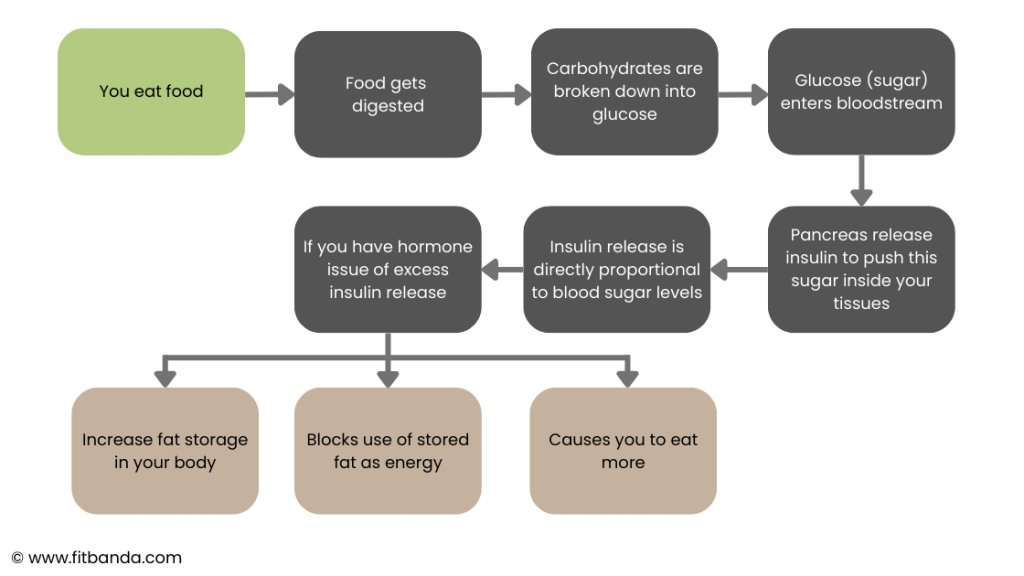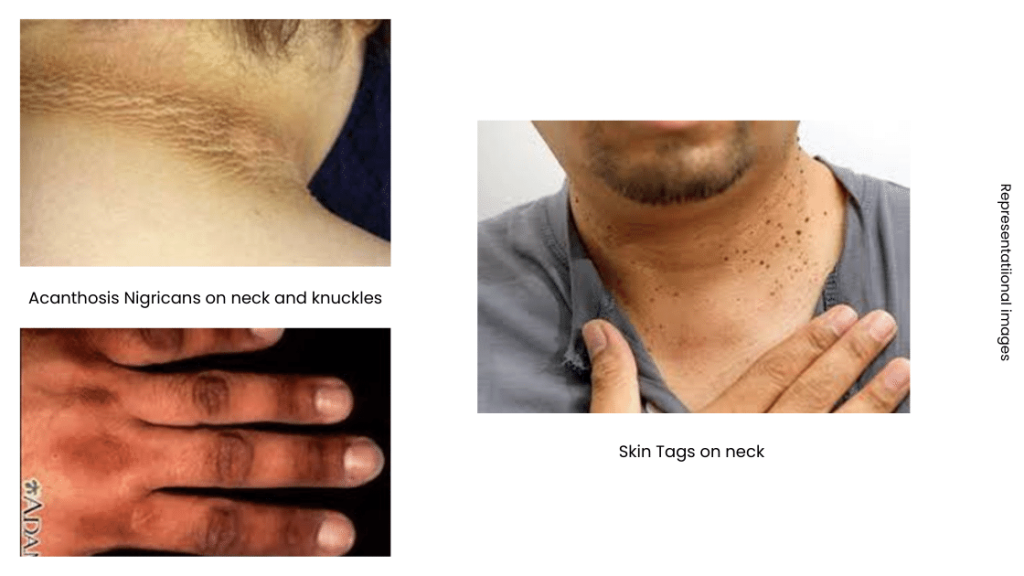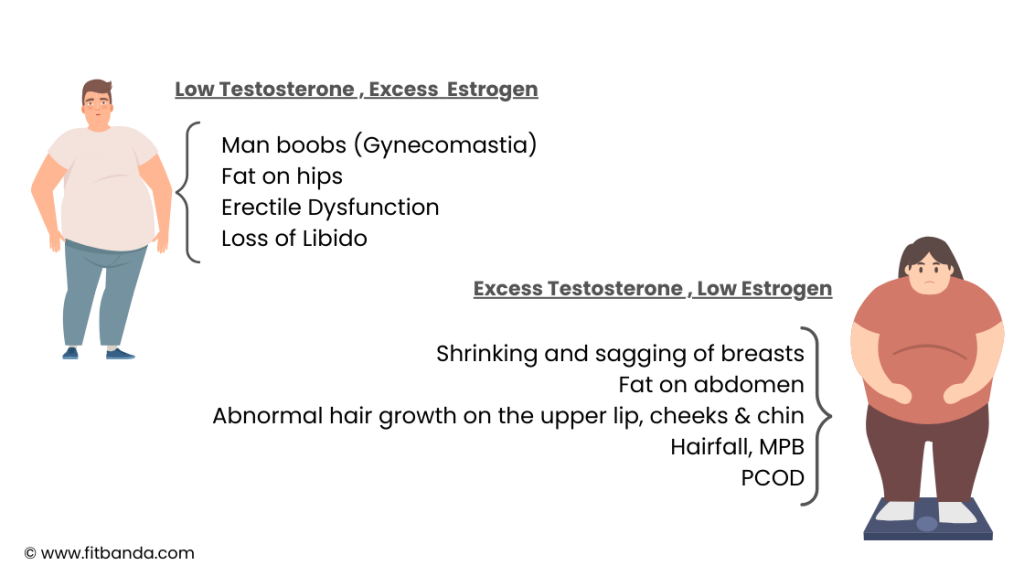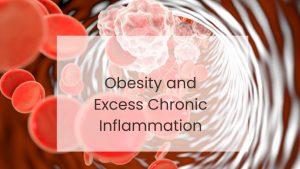Read Part II here.
The word ‘Hormone’ is derived from the Greek word ‘horman’ which roughly translates to “that which sets in motion”.
Hormones are chemicals that affect almost every process occurring in your body, like:
- Reproduction
- Sexual responses
- Thoughts
- Appetite & Digestion
- Growth
- Breathing
- Mood
- Metabolism
- Feeling
- Everything else
Balancing your hormones is the key to looking fresh, sexy, and stronger. Not only that, but you will also sleep better, feel calmer, and focus better. Your metabolism will stimulate and you will be able to lose that stubborn excess fat.
One of the most common hormonal problems that cause weight gain is Hypothyroidism. This means that your body(thyroid gland) produces less than the ideal amount of thyroid hormones. Low thyroid hormones result in slowed metabolism and thus weight gain. But, this is not the only hormonal imbalance that works behind the scenes in your weight gain.
Excess Insulin
Another hormonal imbalance that is common yet somewhat unfamiliar is excess insulin. Insulin is a critical hormone that plays a key role in glucose metabolism. Besides its role in blood sugar level control, insulin is also involved in the storage of fat.
Let me clarify here that excess insulin does not mean excess blood sugar or diabetes. You may have excess insulin levels, but not diabetes. But if you have excess insulin, your risk of developing diabetes in the future increases.

Let me share a real story about excess insulin in one of my clients.
Rakesh from Mumbai was working with one of the top companies in India. He had darkened and thickened skin folds, called Acanthosis nigricans, and skin tags. These are the probable signs of excess insulin

Rakesh had the following concerns:
- He struggled to lose weight and when he did lose, he had trouble maintaining it. His frustration was evident.
- Stress!
- Lost his drive to compete and grow in his career
- Lost his sex drive as well.
- Craves food! Can’t stop eating! And guilt!
His major guilt was that he knew he had to lose weight, but he couldn’t control his cravings and appetite!
As soon as we began working on his insulin levels, Rakesh realized that he was not the one to blame for his gluttony. It was a big relief yet a surprise for him.
If this is relatable to you, please stop feeling guilty about yourself! Stop hating yourself!
This does not mean you can use this as an excuse to binge on food. When this knowledge, you can start taking corrective actions instead of beating yourself up for cravings & urges.
Why Insulin makes you crave food, especially the wrong type?
Dr. Robert Lustig, Pediatric Endocrinologist (University of California San Francisco Children’s Hospital) had a breakthrough discovery about Excess Insulin.
If you have excess insulin, your leptin hormone decreases. Leptin is a hormone that makes you feel full and satisfied after a meal.
With lower leptin levels, you don’t stop eating when you should because you don’t feel full and satisfied. You continue to eat.
Excess insulin also leads to increased dopamine levels. Now, this is where it gets interesting.
Dopamine plays many important roles in your brain and body. Your dopamine levels get elevated when receiving any reward or accomplishing something worthwhile. If you can’t stop playing a game one level after another, it’s because you get a dopamine release upon winning. This dopamine release is one of the reasons why you get addicted to such games.
Addicted is the keyword! Your brain likes the rush!
Now the combination of low leptin and high dopamine is deadly!
High dopamine leads you to eat food that is addicting and rewarding (like those with high amounts of fat/sugar/salt aka junk food). Whereas Low leptin does not make you feel satisfied, so you can never get enough of these foods. And Excess Insulin is there to store all these excess calories as fat and cause weight gain.
The story doesn’t end here. Some of the horrible symptoms of having excess insulin are:
- Weakness
- Heart Palpitations
- Increased Sweating
- Impaired, foggy thinking
- Anxiety
- Poor Concentration
- Fatigue
- Irritability
When you are super-hungry, do you experience weakness, impaired thinking, anxiety, poor concentration, fatigue, and irritability?
Yes?
So what happens then?
You reach out to eat sugary/salty/fatty snacks (junk food) that you keep with you for these emergencies!
This leads to the further release of insulin – which reduces leptin and raises dopamine. And that makes you crave junk foods, which release even more insulin.
As a result, you experience the symptoms of excess insulin release identical to ravenous hunger.
Do you get the idea?
What a vicious cycle of hormonal imbalance and weight gain!
If you have come reading this far, Congratulations!
Excess Insulin, its effect on your sex hormones, and PCOS
Excess Insulin causes increased activity of the Aromatase enzyme. The effect of this is the opposite in men and women.
The two known sex hormones are testosterone in males and estrogen in females.
In men, the increased activity of the aromatase enzyme increases the conversion of their testosterone into estrogen. This leads to increased fat in areas like the chest and hips in men. Because Estrogen is liable for fat storage in a woman’s breasts and hips. Low Testosterone cause erectile dysfunction and loss of libido. Because testosterone is liable to a man’s erectile function and sex drive.
There are more than 10 million cases of erectile dysfunction in India.
Google search for erectile dysfunction
In women, the increased activity of the aromatase enzyme increases the conversion of estrogen to testosterone.
In women, this leads to increased fat storage over the abdomen (where men usually have excess fat).
It causes shrinking and sagging of breasts because the amount of estrogen is not enough to maintain breast shape and size.
It also causes abnormal hair growth on the upper lip, cheeks, and chin. Along with that, there is hair fall, male pattern baldness, and increased acne. It also causes problems with the menstrual cycle.
There are symptoms of PCOD (also known as PCOS), due to excess insulin, testosterone, and lowered estrogen.
A simple Google search reveals
There are more than 1 million cases of PCOD per year in India.
Google search for PCOD
One in five Indian women suffers from PCOS
The Hindu. September 26, 2019.

The good news is that when you finally get your insulin back to a healthy level, like Rakesh, you will lose weight, and also experience the following health improvements, or you will be able to reduce the risk of developing these symptoms in your future:

Having read this far, you must be wondering why do the hormones get imbalanced. Let’s check that out in the next post in this series.
Read Part IV here




Pingback: Obesity is a symptom, not the cause. Part – 2 – FitBanda™ Blog
Pingback: Obesity is a symptom, not the cause. Part – 4: Hormonal Imbalance – FitBanda™ Blog
Worth reading 👍
It’s a well researched and analytical article.